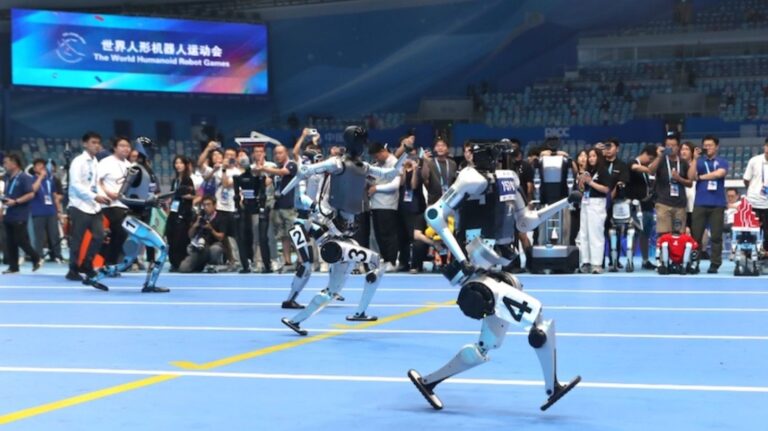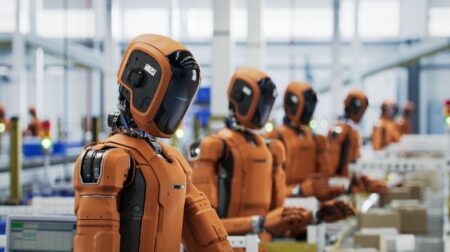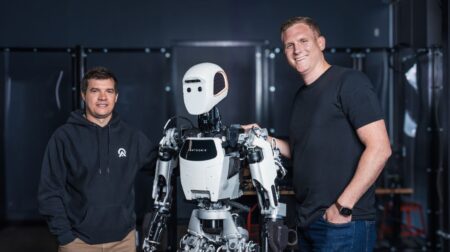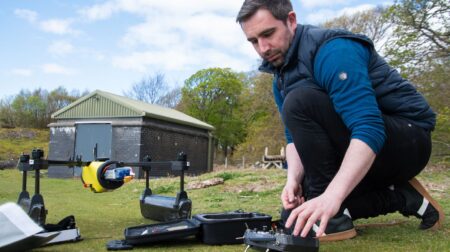The first-ever World Humanoid Robot Games (WHRG) officially opened on Sunday evening at the National Speed Skating Oval in Beijing, the venue known as the “Ice Ribbon” during the 2022 Winter Olympics.
The opening ceremony featured humanoid robots performing a series of programmed activities including dance routines, martial arts demonstrations, and musical performances using keyboards, guitars, and drums.
One robot successfully scored a football goal, while another fell and stood back up independently. A separate incident involved a robot falling off the stage and requiring assistance, reflecting both the capabilities and limitations of current robotics technology.
The event brings together over 500 humanoid robots from 280 teams representing 16 countries, including the United States, Germany, Brazil, and Japan. Competitions will run through to 17 August and include both athletic contests, such as football, sprinting, boxing, table tennis, and track events, and practical task-based challenges, including medication sorting, cleaning services, and industrial handling.
The WHRG is part of a broader initiative by Chinese authorities to advance robotics research and development. The country has committed significant public funding to the sector, including more than US$20bn in subsidies and a planned 1tn yuan (approximately US$137 billion) fund to support artificial intelligence and robotics ventures.
Unitree Robotics Involved in Competition and Hardware Supply
Chinese robotics company Unitree Robotics is participating in the event alongside the Beijing Institute for General Artificial Intelligence (BIGAI). The group is entering robots into events such as solo dance, hotel cleaning, and guest reception, using a proprietary “clone system” designed for closed-loop teleoperation of full-body humanoid robots.
In addition to competing, Unitree appears to be supplying hardware to several other participating teams, though many are reportedly using independent software systems. Early results indicate that Unitree’s H1 series robot secured first place in the 1500-metre track final (Group 1), completing the race in seven minutes and ten seconds.
Organisers state that the competition serves multiple purposes, from assessing robots’ ability to handle real-world tasks to promoting public understanding of the technology.
The events are intended to evaluate key competencies such as navigation, perception, adaptability, and decision-making, factors that are increasingly important as robots are integrated into service, entertainment, and industrial roles.
The WHRG has drawn significant international attention, with 97 foreign media outlets and over 280 journalists covering the event. Experts suggest such events can contribute to both public engagement and momentum within the robotics sector.
Innovative applications of technology in retail and e-commerce, healthcare and pharmaceuticals, food and beverage, automotive, transport & logistics, and more will be celebrated at the Robotics & Automation Awards on 29 October 2025 at De Vere Grand Connaught Rooms in London. Visit www.roboticsandautomationawards.co.uk to learn more about this unmissable event for the UK’s robotics and automation market!









